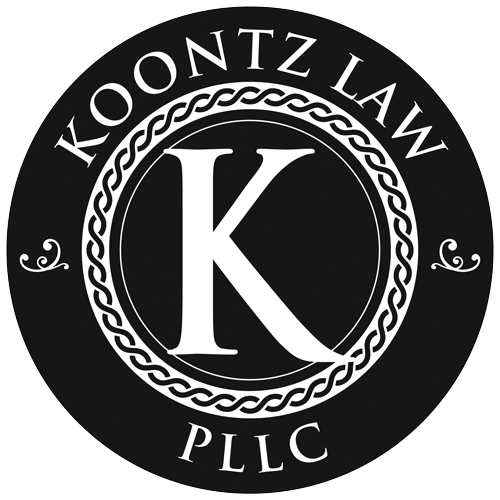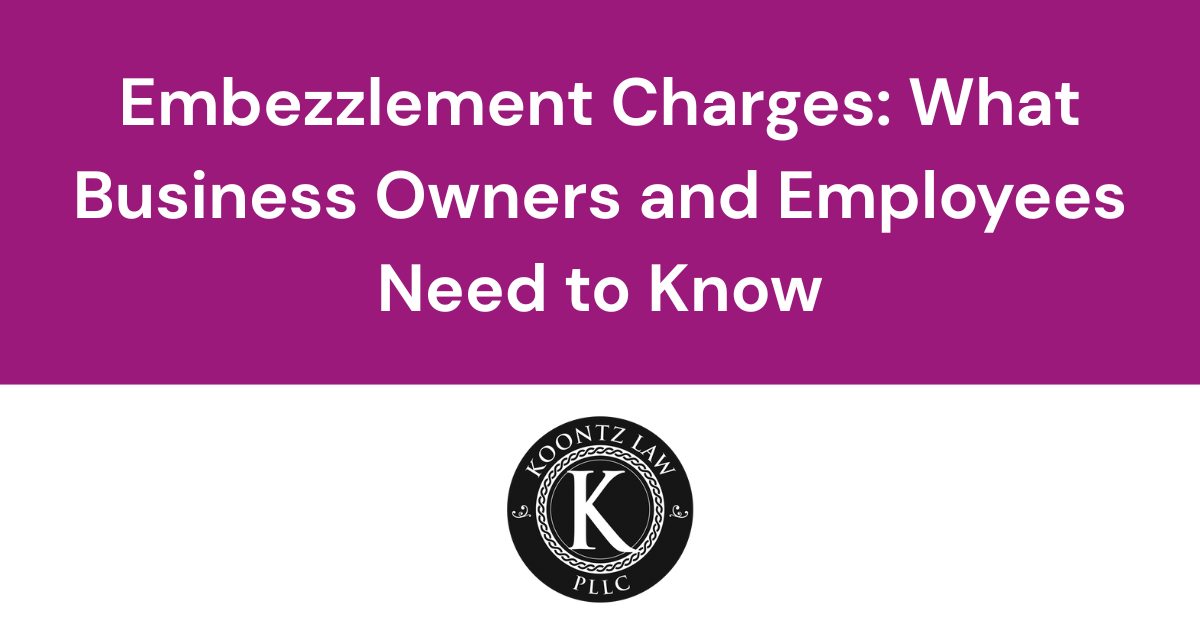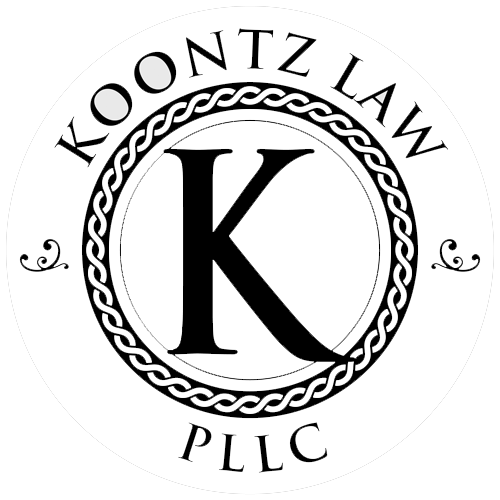Parental Alienation: What It Is and How to Prove It in Court
Divorce and custody disputes can be emotionally taxing, especially when children are involved. In some cases, one parent may actively work to turn the child against the other parent—a harmful behavior known as parental alienation. Courts take this issue seriously, as it can significantly damage the child-parent relationship and affect the child’s well-being. Understanding what parental alienation is and how to prove it in court can be critical in protecting your relationship with your child.
What is Parental Alienation?
Parental alienation occurs when one parent deliberately manipulates a child to create distance or hostility toward the other parent. This can involve subtle behaviors like badmouthing the other parent or more overt actions like blocking contact or fabricating accusations.
The goal of parental alienation is often to undermine the child's trust and affection for the targeted parent, which can have lasting emotional and psychological effects. Courts view this behavior as harmful not only to the targeted parent but also to the child, as it disrupts the child’s right to maintain a healthy relationship with both parents.
Signs of Parental Alienation
If you suspect parental alienation, watch for these common signs:
Proving Parental Alienation in Court
To address parental alienation in court, you will need to provide clear and convincing evidence. Here are key steps to prove your case:
What the Courts Can Do
Once parental alienation is proven, courts can take steps to protect the child and restore the parent-child relationship. These measures may include:
Protect Your Rights With Koontz Law, PLLC
At Koontz Law, PLLC, we understand how devastating parental alienation can be. Our experienced family law attorneys are here to advocate for you and protect your relationship with your child. We will work tirelessly to gather evidence, present a compelling case, and pursue legal remedies to stop alienation in its tracks.
If you believe you are a victim of parental alienation, don’t wait to take action. Contact Koontz Law, PLLC today to request a consultation. Together, we’ll fight to ensure your child has the loving and supportive relationship they deserve with both parents.











